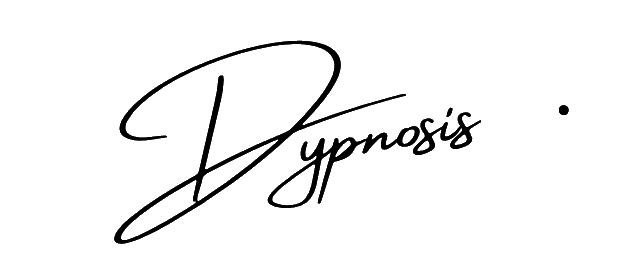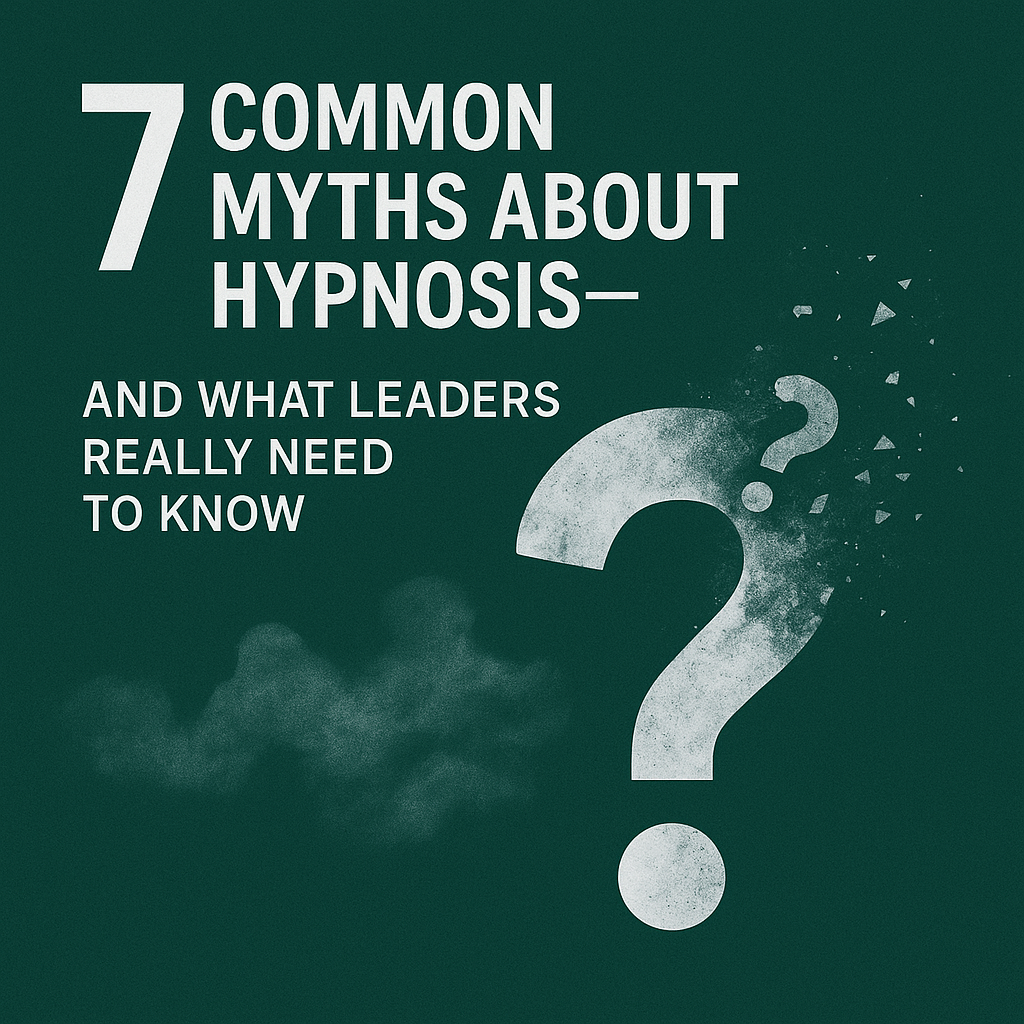Hypnosis offers a powerful complementary approach for people struggling with addiction and substance abuse. Through guided relaxation and focused attention, hypnotherapy helps individuals address the underlying psychological patterns that drive addictive behaviors.

Clinical studies show that when combined with traditional addiction treatment methods, hypnosis can increase success rates by 15-25% compared to conventional therapy alone. The technique works by accessing the subconscious mind, where many habitual behaviors and emotional responses are stored.
Hypnotherapy sessions for addiction typically focus on building coping mechanisms, reducing cravings, and strengthening motivation for recovery. While not a standalone cure, this evidence-based tool provides valuable support for those seeking freedom from substance dependence and behavioral addictions.
Understanding Addiction and Hypnotherapy
Hypnotherapy targets deep-seated thought patterns and behaviors associated with addiction by accessing the subconscious mind through focused relaxation and heightened suggestibility.
The Science of Addiction
Addiction alters brain chemistry by disrupting the reward pathway, particularly affecting dopamine production and reception. These changes create persistent cravings and compulsive behaviors.
The brain’s neural pathways become rewired through repeated substance use, making it difficult to break the cycle through willpower alone.
Addiction impacts both conscious decision-making and subconscious behavioral patterns. The prefrontal cortex, responsible for impulse control, becomes compromised while the limbic system drives continued substance use.
Fundamentals of Hypnotherapy
Hypnotherapy induces a focused state of awareness where the mind becomes more receptive to therapeutic suggestions. This state allows access to the subconscious mind while maintaining conscious awareness.
The process involves progressive relaxation techniques and guided imagery to achieve a theta brainwave state. During this state, the therapist can introduce positive suggestions for behavior change.
Clinical studies show that people under hypnosis remain in control while experiencing increased mental flexibility and reduced resistance to change.
Connecting Hypnotherapy and Addiction
Hypnotherapy addresses addiction by targeting both conscious and unconscious drivers of substance use. Through guided sessions, patients develop new coping mechanisms and stress responses.
Key benefits of hypnotherapy for addiction include:
- Reduced cravings and withdrawal symptoms
- Enhanced emotional regulation
- Strengthened motivation for recovery
- Improved stress management skills
Treatment typically combines hypnotic suggestion with cognitive behavioral techniques. This integration helps rewire neural pathways and establish healthier response patterns.
Hypnotherapy Techniques in Addiction Treatment
Professional hypnotherapists use specific, research-backed techniques to help individuals break free from addictive behaviors and establish healthier patterns. These methods work directly with the subconscious mind to create lasting change.
Induction and Deepening Phases
The hypnotic induction phase begins with focused breathing exercises and progressive muscle relaxation. Clients are guided to release physical tension while maintaining mental alertness.
A skilled hypnotherapist uses carefully paced speech patterns and guided imagery to deepen the trance state. Common deepening techniques include counting down stairs or descending in an elevator.
Physical signs indicate when a client reaches an optimal trance depth: slower breathing, reduced muscle tension, and minimal eye movement. This relaxed state allows therapeutic suggestions to bypass conscious resistance.
Therapeutic Suggestions and Visualization
The hypnotherapist delivers positive suggestions tailored to each client’s specific addiction patterns. These might include statements like “You feel naturally satisfied without substances” or “Your body craves healthy activities.”
Visualization exercises help clients mentally rehearse drug-free scenarios. A person might picture themselves confidently declining offers of substances or managing stress through healthy alternatives.
Key visualization techniques include:
- Creating a safe mental space
- Rehearsing trigger situations
- Strengthening positive self-image
- Building confidence in recovery skills
Self-Hypnosis for Ongoing Management
Clients learn self-hypnosis tools to maintain progress between sessions. Simple anchoring techniques help them access their relaxed state when facing triggers.
A personalized recording of therapeutic suggestions supports daily practice. Most practitioners recommend 15-20 minute self-hypnosis sessions twice daily.
The skills become stronger with regular practice, enabling clients to:
- Manage cravings independently
- Reduce stress effectively
- Reinforce positive behaviors
- Maintain recovery goals
Benefits of Hypnotherapy for Substance Abuse

Clinical studies demonstrate that hypnotherapy provides multiple evidence-based benefits for people struggling with substance abuse. Research shows significant improvements in craving reduction, stress management, and treatment outcomes when hypnosis is integrated into addiction recovery programs.
Reducing Cravings and Managing Stress
Hypnotherapy helps interrupt addiction-related thought patterns through targeted suggestions during the hypnotic state. Clients learn to replace substance use urges with healthier coping mechanisms.
The deep relaxation achieved during sessions reduces anxiety and stress levels that often trigger substance use. Studies show cortisol levels decrease by up to 50% during hypnotic trance.
Clients develop personalized mental imagery and anchoring techniques to manage cravings outside of sessions. These tools provide immediate relief when confronted with substance use triggers.
Enhancing Motivation and Confidence
Hypnotic suggestions strengthen a person’s belief in their ability to maintain sobriety. Research indicates increased self-efficacy scores after regular hypnotherapy sessions.
The process helps clients visualize a substance-free future and connect with their motivation for recovery. Mental rehearsal of sober behaviors builds confidence in real-world situations.
Positive suggestions during trance reinforce commitment to treatment goals. Clients report feeling more empowered to resist peer pressure and avoid high-risk situations.
Improving Co-occurring Disorders
Hypnotherapy effectively addresses mental health conditions that commonly occur alongside addiction. Depression and anxiety symptoms show marked improvement through hypnotic interventions.
The practice promotes better sleep quality and reduces insomnia that often accompanies withdrawal. Studies demonstrate normalized sleep patterns in 67% of participants.
Trauma processing becomes more manageable as hypnosis provides a safe space to address underlying emotional pain. This helps break the cycle of using substances to self-medicate psychological distress.
Hypnosis as a Complementary Therapy

Hypnosis strengthens and enhances existing addiction treatment approaches through its ability to reinforce positive behaviors and address underlying psychological factors. Professional hypnotherapists integrate this technique with evidence-based treatments to create comprehensive recovery programs.
Integration with Cognitive Behavioral Therapy
Hypnotherapy works synergistically with Cognitive Behavioral Therapy (CBT) to address addiction patterns. The relaxed state achieved during hypnosis helps patients become more receptive to CBT techniques and behavioral modifications.
During joint CBT-hypnosis sessions, therapists guide patients to examine and reframe negative thought patterns while in a trance state. This combination helps strengthen coping mechanisms and stress management skills.
Key Benefits of CBT-Hypnosis Integration:
- Enhanced awareness of triggers and responses
- Deeper acceptance of therapeutic suggestions
- Improved emotional regulation
- Stronger resistance to cravings
Combining Hypnosis with Other Treatment Modalities
Hypnotherapy serves as an effective complement to medication-assisted treatment (MAT) and group therapy programs. Patients often experience reduced withdrawal symptoms when hypnosis is used alongside MAT protocols.
Group therapy participants who receive hypnosis report increased engagement and motivation in their recovery journey. The techniques learned in hypnosis sessions help reinforce the support mechanisms established in group settings.
Common Treatment Combinations:
- MAT + Weekly hypnosis sessions
- Group therapy + Monthly hypnotic reinforcement
- Individual counseling + Hypnotherapy
- Family therapy + Hypnotic stress reduction
Success Stories and Evidence-Based Practice

Clinical hypnotherapy demonstrates measurable results in addiction treatment through documented cases and scientific research. Multiple studies point to positive outcomes when hypnosis is integrated into comprehensive recovery programs.
Case Studies in Addiction Recovery
Sarah M., a 42-year-old recovering alcoholic, maintained sobriety for 3 years after completing an 8-week hypnotherapy program. The sessions focused on stress management and addressing underlying trauma.
James T. broke free from a 15-year nicotine addiction through clinical hypnotherapy combined with cognitive behavioral therapy. His case demonstrated the effectiveness of targeting both conscious and subconscious behavior patterns.
A group of 12 methamphetamine users participated in a 6-month hypnotherapy program. Eight participants achieved complete abstinence, while three reported significant reductions in usage.
Research Findings and Clinical Trials
A randomized controlled trial of 286 participants showed a 65% success rate for smoking cessation using hypnotherapy compared to 31% with standard treatment alone.
The American Journal of Clinical Hypnosis published a meta-analysis of 20 studies involving 2,400 participants. The research indicated hypnotherapy doubled the chances of successful addiction recovery when combined with traditional treatment methods.
Clinical trials at Stanford University demonstrated that hypnotherapy sessions reduced cravings in 72% of participants struggling with substance abuse. Brain scans revealed decreased activity in areas associated with addictive behaviors.

